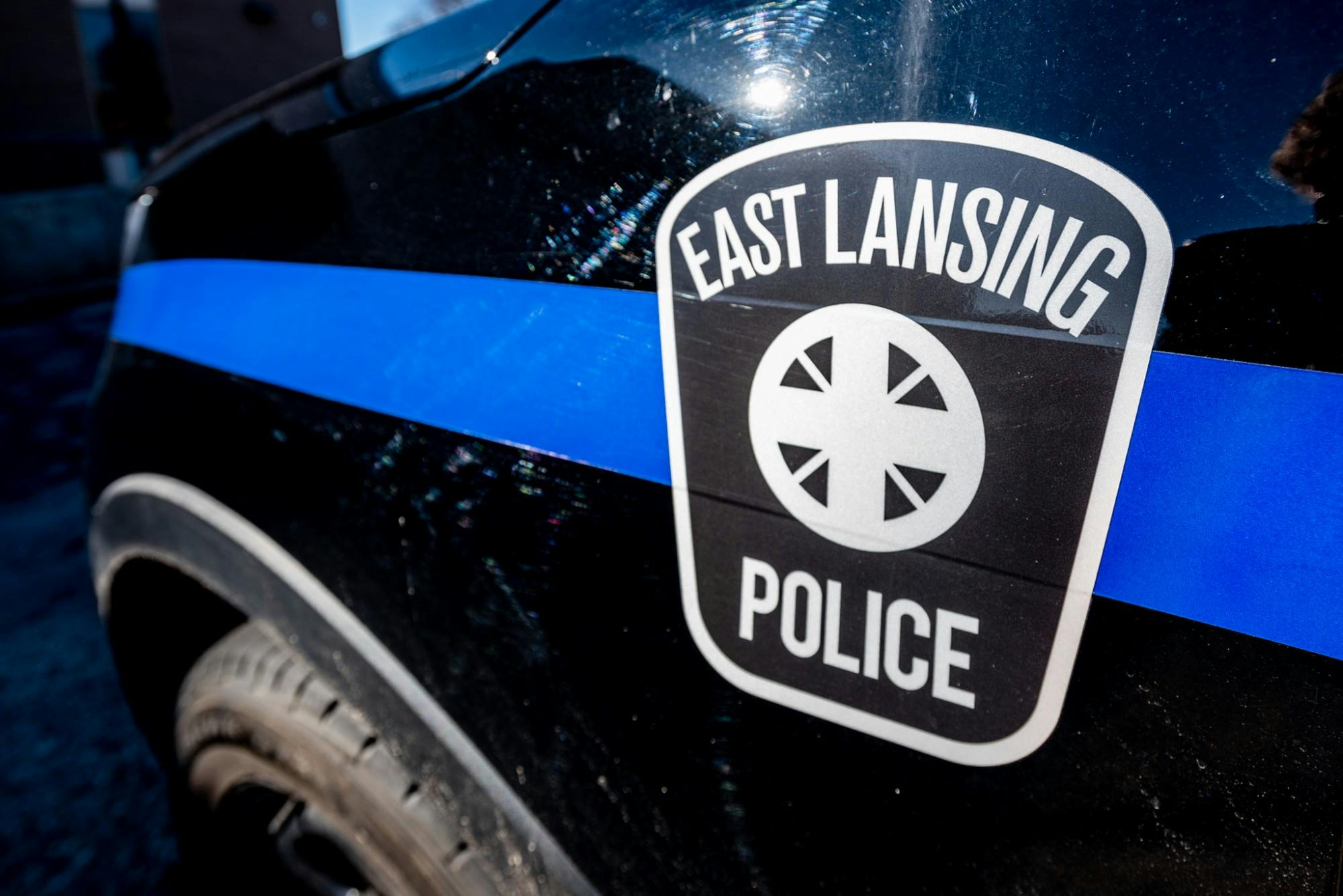Professor Joseph Hamm thinks of interactions between communities and the police like a trust fall.
One person puts the potential for harm in the hands of another, like how communities trust the police and other government agencies to have some control over their well-being. For the police, Hamm said there is an added expectation for police to protect communities from other people.
“So there’s often a bit of a push and pull between people who tend to see the police as preventing external injury from criminals or other people, and then the people who are really focused on what I would call a more internal injury — injury from the police doing their job in a way that creates harm,” Hamm said.
For marginalized communities, like communities of color, Hamm said these communities can often feel like the police are not protecting their vulnerabilities. In a survey of 500 East Lansing residents presented to City Council March 23, it was found that Black residents trust the East Lansing Police Department by 45 points less than all residents as a whole. City Manager George Lahanas said this data was collected to gauge the effectiveness of programs already put in place, but for some, that isn’t enough.
James Henson, a member of the Young Black Panther Party Lansing chapter said ELPD reforms that have been made don’t matter because police brutality is still a prevalent issue, and he doesn’t trust the City to actually follow through on their promises of meaningful reform.
Over the summer, protests were held in East Lansing after the death of George Floyd and two complaints of excessive force by ELPD officer Andrew Stephenson, who kneeled on a Black man’s neck after he was handcuffed.
In response to this, the City created the Study Committee on an Independent Police Oversight Commission to eventually form an independent police oversight in October. In tandem with these changes, the ELPD has added non-enforcement positions to the ELPD in the form of neighborhood resource specialists and social workers.
Hamm said most research suggests that non-enforcement contact between police departments and communities builds better relationships, but it’s hard to gauge what reforms will be accepted when the national narrative has been focused on removing police officers in any context.
“But that is such a narrative right now,” Hamm said. “That there’s reason to believe that adding law enforcement in any context is going to be perceived as increased risk and increased reason not to trust them.”
Henson said he is disappointed that no new reforms have come out of the survey.
City Manager George Lahanas said that this survey will be a “baseline” to judge whether changes that have recently been put in place will change attitudes toward the police.
“We had protests, we had riots, we had minorities trying to make themselves and their voices heard, and it’s like they’re not listening,” Henson said.
He said he doesn’t feel that reforms have been implemented correctly and that there are still issues within the community.
“And every time you (the City) send people out, they make the situation a lot worse, instead of calming down the situation,” Henson said. “So, personally, it does not matter if they do reforms or not, things are not going to change because they have not changed over many years, every year.”
For Henson, the solution is to defund the police, because he said too much money is allocated to the equipment they don't need, like tear gas. He said the money would be better allocated fixing the infrastructure in Black neighborhoods and providing resources, like community gardens and medical clinics, for these communities.
“There’s so many things that the community needs that the City is not exactly giving,” he said. “And if you take away half of that money from the police station that they get every year, you can do so much more with that money.”
So, for Henson, the solution isn’t to rebuild the policing system from the ground up, he said that won’t work because communities would not forgive the past mistakes made. Instead, he said that along with defunding the police, background checks need to be done on all police officers because the department has a bad habit of sending out problematic officers into the communities where they have caused harm.
“I will say that, instead of start from scratch, prove yourself.”
Support student media!
Please consider donating to The State News and help fund the future of journalism.
Discussion
Share and discuss “After ELPD survey results, road to meaningful reform is discussed” on social media.







